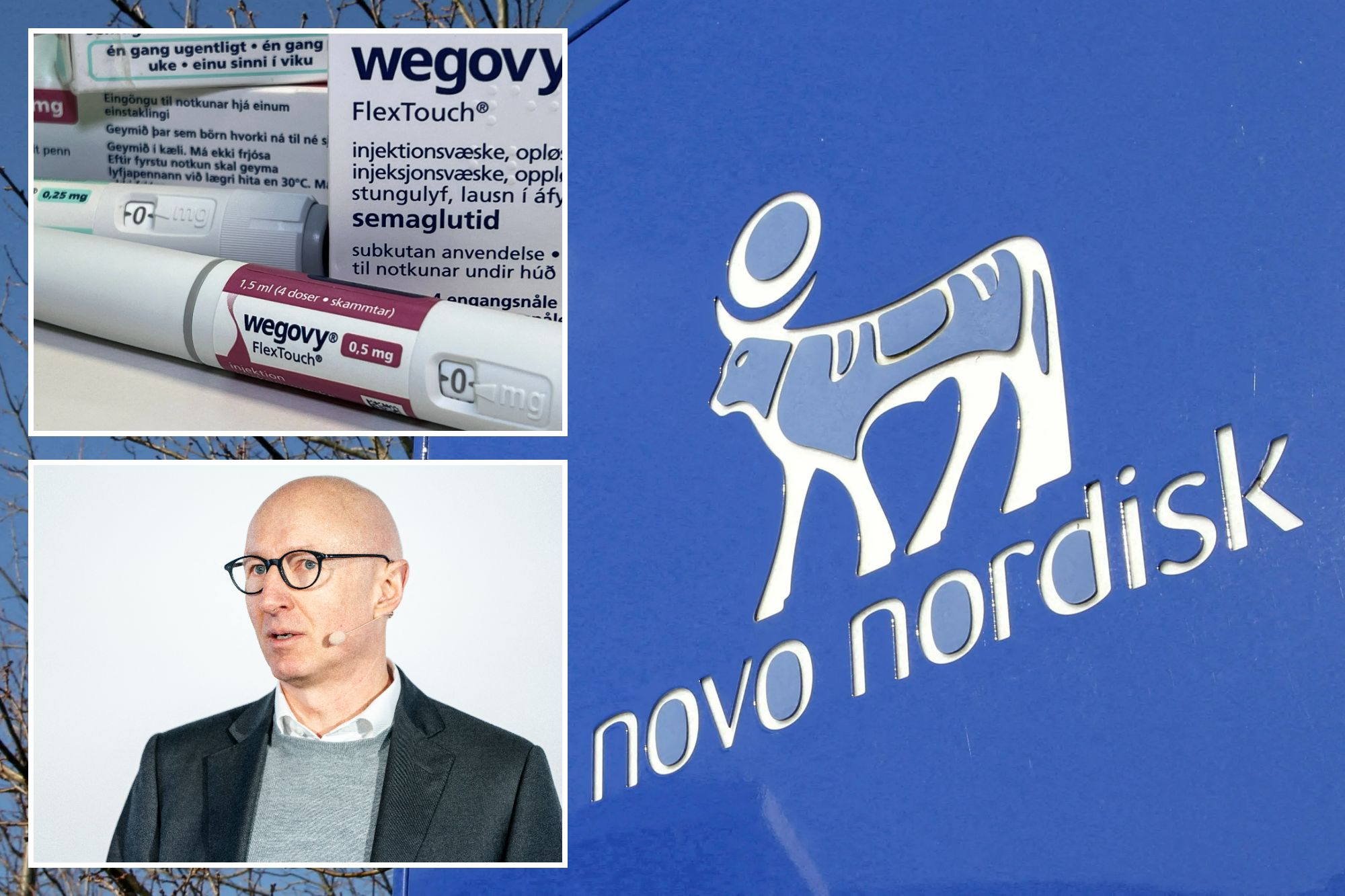Novo Nordisk Faces Setback as CagriSema Falls Short in Clinical Trials

Every now and then, a company faces a challenge that tests its resilience and innovation. For Novo Nordisk, a leader in obesity treatments, the recent trial results for their next-generation obesity drug, CagriSema, have presented such a challenge. As someone who loves to follow the healthcare industry closely, I can tell you that the stakes are incredibly high in the competitive world of weight-loss medication. Novo Nordisk had high hopes for CagriSema as a successor to their successful Wegovy drug.
The anticipation around this trial was palpable. Investors and analysts alike were eager to see if Novo Nordisk could deliver a product that would not only meet but exceed expectations in the obesity drug market. However, the results left many surprised and disappointed. It’s not just about numbers on a spreadsheet; it’s about the potential impact on people’s lives and the company’s position in a fiercely competitive market.
In this article, let’s delve into what the study results mean for Novo Nordisk and why the company’s shares took such a hit. We’ll explore how these findings affect their strategy moving forward and what it could mean for those invested in or reliant on their innovations.
Key Takeaways
- Novo Nordisk’s CagriSema did not meet weight loss expectations in its pivotal trial.
- The company’s shares fell significantly, affecting its market valuation.
- Despite setbacks, Novo Nordisk plans to continue exploring CagriSema’s potential.
Understanding the Trial Results
The trial for CagriSema was closely watched by investors and industry experts alike. The drug was expected to help patients achieve significant weight loss, with hopes pinned on surpassing the efficacy of both Wegovy and Eli Lilly’s Zepbound. However, when the results came in, they showed an average weight reduction of 22.7%, falling short of the anticipated 25%. This gap might seem small but is significant enough to have major implications.
The market reacted swiftly and sharply to these results. Novo Nordisk’s shares plummeted by as much as 27%, marking one of the most substantial single-day declines for a European company in recent history. This wasn’t just about immediate financial losses; it raised questions about the future competitiveness of their offerings in a growing market for obesity treatments.

The Competitive Landscape
In the world of pharmaceuticals, particularly in treating obesity, competition is fierce. Novo Nordisk has been at the forefront with Wegovy, which saw great success and helped propel them to become Europe’s largest company by market capitalization. But competition from companies like Eli Lilly has intensified pressure to innovate further and maintain their lead.
Eli Lilly’s Zepbound demonstrated slightly better results than CagriSema in clinical trials, achieving an average weight loss of nearly 23%. While this difference might appear narrow at first glance, it underscores the crucial importance of even marginal gains in efficacy when it comes to competitive positioning and patient outcomes.

The Path Forward for Novo Nordisk
While these trial results are undoubtedly a setback, Novo Nordisk is not retreating. Company executives have expressed optimism despite the disappointment, pointing out that CagriSema still represents one of the best weight loss outcomes recorded in Phase 3 trials. They acknowledge that setting overly ambitious targets may have been premature but remain committed to refining their approach.
Novo plans to launch another trial next year to delve deeper into CagriSema’s capabilities and address any issues related to patient dosing and tolerance. The company aims to submit this drug for regulatory approval by 2025. This ongoing commitment reflects their determination to stay at the cutting edge of obesity treatment research and development.
- Novo will assess patient tolerance issues identified during trials.
- A new trial will explore ways to enhance drug effectiveness.
- Continued focus on maintaining leadership in obesity treatment innovations.

Final Thoughts
Navigating setbacks is an inherent part of pharmaceutical development. For Novo Nordisk, while CagriSema’s initial outcomes were not as hoped, they serve as an opportunity to refine strategies and come back stronger. The company’s dedication to advancing obesity treatments remains undeterred as they continue to iterate on their findings and push forward with additional trials.
This journey is far from over for Novo Nordisk. As they regroup and prepare for future endeavors, it’s clear that innovation often comes with hurdles. Their experience serves as a reminder of both the challenges and relentless pursuit required within this vital sector — one that carries profound implications for global health outcomes.

